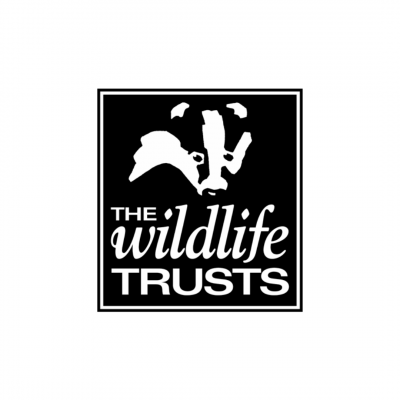Eating Better is delighted to welcome The Wildlife Trusts as its newest supporter, bringing a new voice to our campaign and proving that eating “less and better” is good for nature and climate.
Joan Edwards OBE, Director Policy and Public Affairs of The Wildlife Trusts, said: “I’m thrilled that The Wildlife Trusts have joined the Eating Better alliance. Every meal we eat has an impact not just on us, but also on our natural environment and the wildlife that lives there. It’s crucial that people are aware of the impact their diet has and that we take action to make healthier options as accessible as possible. Doing so is a crucial part of our efforts to tackle climate change.”
The Wildlife Trusts is a grassroots movement of people from all walks of life, who believe that we need nature and nature needs us. The movement has more than 850,000 members, over 35,000 volunteers, 2,000 staff and 600 trustees. There are 46 individual Wildlife Trusts, each an independent charity, formed by groups of people getting together to make a positive difference to wildlife and future generations, starting where they live and work.
As part of its work, The Wildlife Trusts provide land management advice to landowners, including farmers, to help them look after their land and produce food in a nature-friendly manner. This helps to protect vital pollinators and insects from pesticides, keeps waterways free from pollutants and ensures soil is being kept in good condition.
Simon Billing, Executive Director of Eating Better, said: “Bringing the Wildlife Trusts movement on board is a huge boon for Eating Better, particularly, in this crucial year for climate and nature. Working together we can raise awareness of the need for a fundamental shift in how we produce and consume. Eating less of all meat and choosing better meat, produced to the highest animal welfare and environmental standards, is better for us, for farmers and for nature.”
